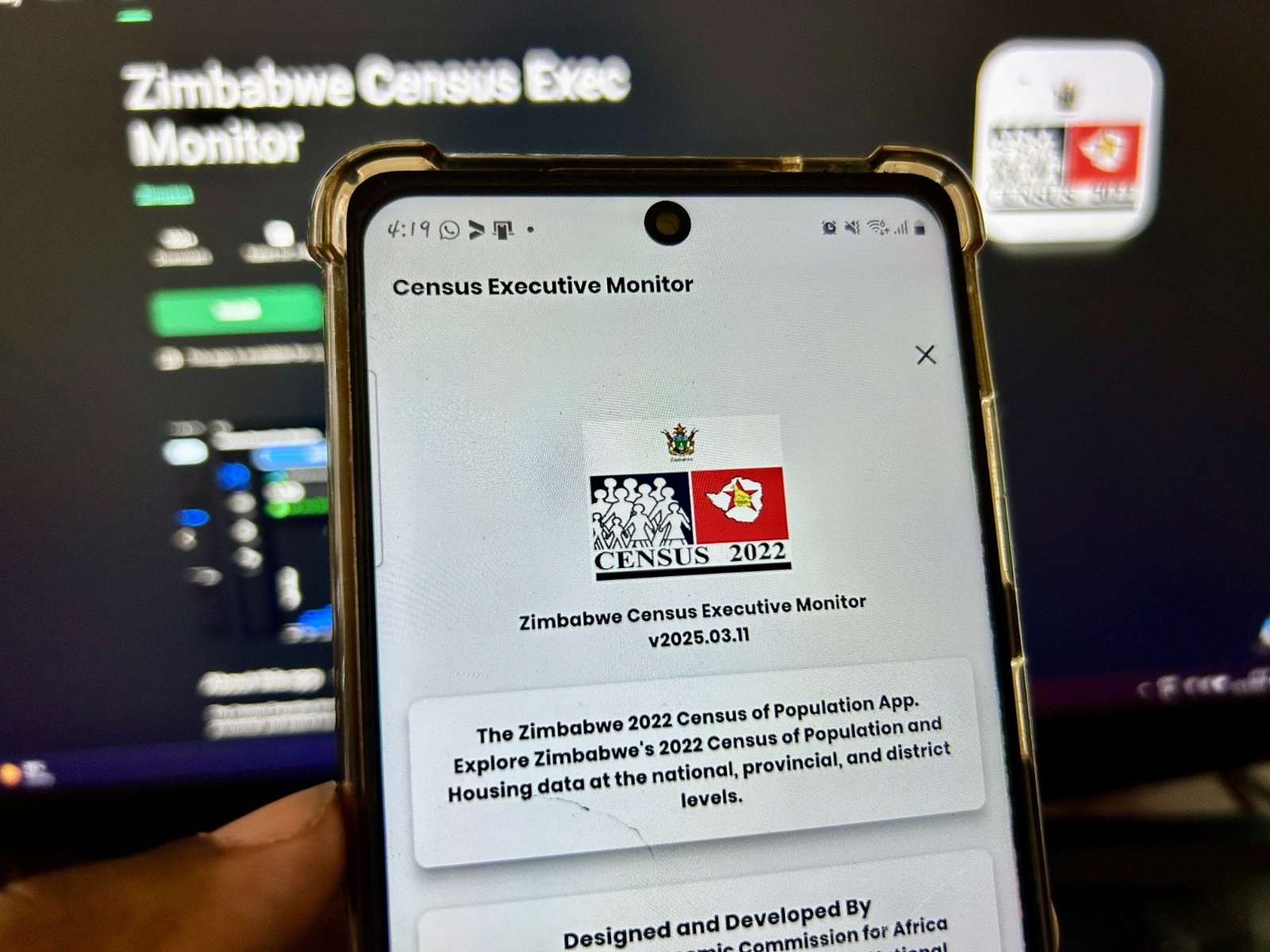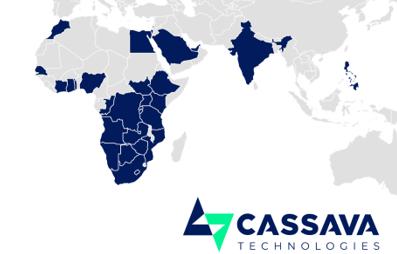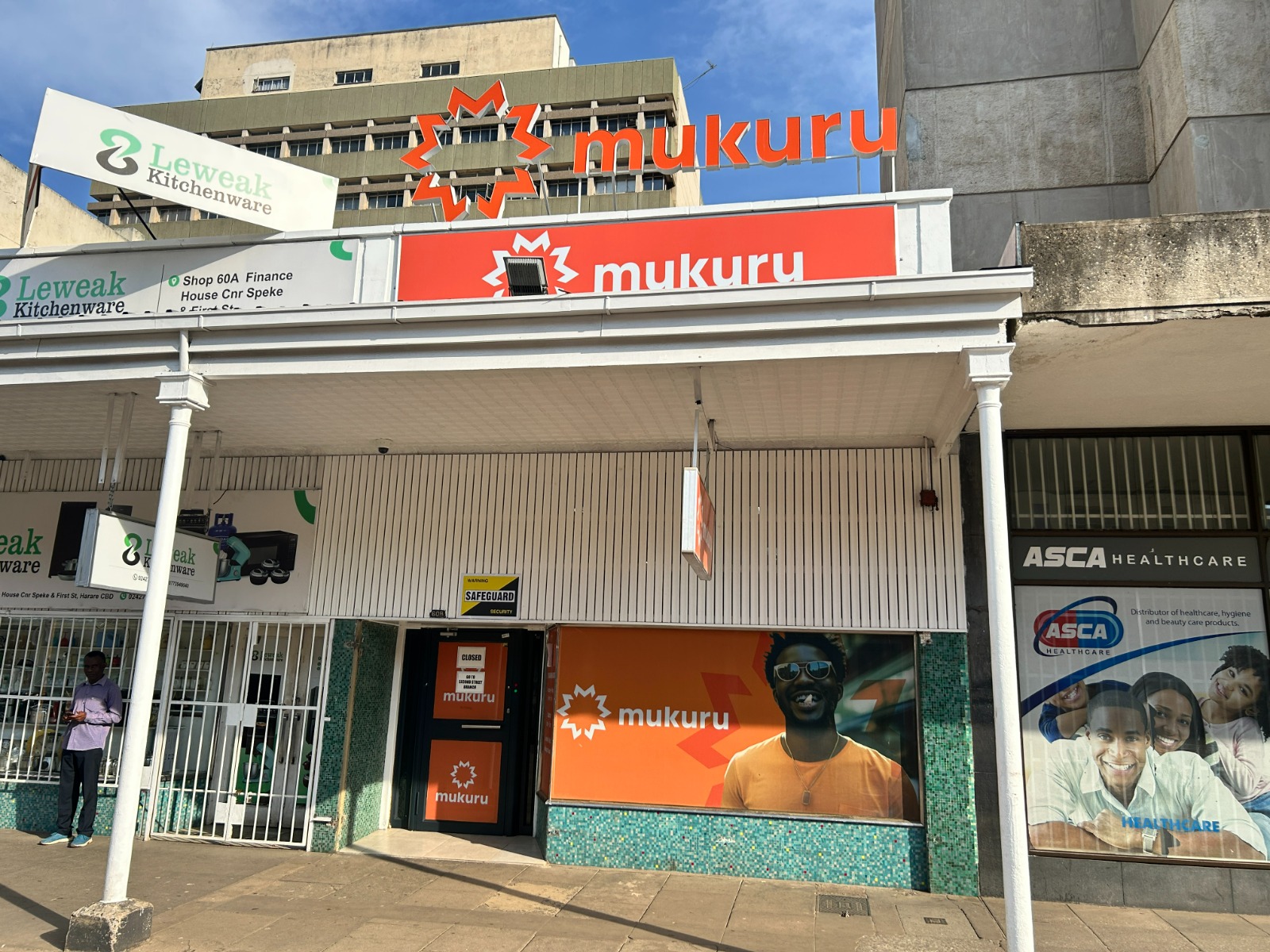 For a while we have been talking about the lowered tariffs that local regulator POTRAZ ordered the MNOs to effect by the end of 2014. This was back in October and everyone had expected each MNO to have responded to that by now.
For a while we have been talking about the lowered tariffs that local regulator POTRAZ ordered the MNOs to effect by the end of 2014. This was back in October and everyone had expected each MNO to have responded to that by now.
Its not surprising then that NetOne, the state owned network, has been the first to publish its new set of tariffs in today’s Herald. These tariffs cover voice and data services and have been lowered to the rates POTRAZ highlighted when it made its directive.
Although Econet and Telecel are yet to announce their own reduced tariffs, the figures from NetOne pretty much sum up the cost of a call and of data among all the networks.
Starting from the 1st of January 2015 NetOne to NetOne calls will be set at 15 cents a minute (down from 23 cents) and calls to other local networks will be set at 16.3 cents a minute. The same off-net rate applies to calls made to VoIP networks.
International calls range from 30 cents and 34.2 cents a minute (regional fixed and mobile) to 48.6 cents to a UK mobile number. Local SMS have been set at 5 cents and premium SMSes at 20 cents.
NetOne data will be going for 84.5 cents for 10 MB, a figure which reflects out of bundle pricing. Currently NetOne data bundles are priced at $1 for 17 MB. It should also be noted that these tariffs are independent of promotions like Mahala Weekends that NetOne or any other MNO might be running with significantly lower prices.
These new tariffs are being implemented as part of the Long Run Incremental Cost (LRIC) model that POTRAZ crafted over an extensive period and announced to stakeholders in June this year. The model takes into consideration savings on network infrastructure investment that the operators are set to gain from a new infrastructure sharing strategy.
With this model the interconnection rate will be lowered from the current 7 cents to 5 cents starting in January next year. It will be lowered to 4 cents in 2015 and 2 cents in 2016. this will result in a further tariff reduction to 12 cents by the end of 2015 and 9 cents in 2016.
This pricing will inevitably lower the revenue totals for the MNOs, putting them in an uncomfortable situation. Voice revenues have been falling, alternatives for communication are popping up at every turn and the Zimbabwean market isn’t flush with disposable income.
The greatest concern for the operators are that their investment into their networks, largely facilitated by extensive debt finance, will be harder to recoup with lower tariffs in a price sensitive market that does not have an expanding disposable income. Let’s not forget that these are the same MNOs that had to pay $137 million for licence renewals.
What’s the survival strategy?
It’s not all doom and gloom for MNOs though. The networks have the capacity to churn out various VAS solutions that can make up for lowered revenues and a depleting cash cow. This extensive diversification is what we have seen Econet and to some degree Telecel, execute throughout the year.
Business will be brutal and its easy to see why mobile money is going to be a focal point because of the relevance it has established in the market. It however shouldn’t be the only solution.
For NetOne it looks like the World In One has to go all out to play catch up. From no-brainer OTT services that never were (still waiting for the bundles guys) to a more aggressive One Wallet strategy that can at least take on the telecash (forget EcoCash) market share, or even a responsive customer care strategy, there is a lot of homework to be done.













Comments
7 responses
Whilst its good that netone will reduce tariffs, particularly data its service delivery leaves a lot to be desired as most of the time it freezes or off and quantity is good as there is a window period which if one fails to fully utilise the data is forfeited, thus the actual cost of data is still higher,ie if one purchases five dollars worth of data bundles but only uses about eighty percentage, this means the actual cost is six dollars. Daylight robbery
The data tarrifs are too high, what happened to the $1 for 17Mb.
At 84.5c for 10mb the cost of 17mb would be 143.65c ie 43.65c more expensive than the $1 for 17mb ,where is the reduction
guys its clearly written the 84.5 cents per 10 mb is out of bundle tariff, currently econet charges out of bunsle data at 150 cent pe 10mb. The $1 for 17mb still stands.
Your facts r not necessarily accurate, Telecel whose service is better were 1st, they published theirs in the same paper on 23 December.
@ Simps that is very true, Telecel has been running ads in the local dailies on its new tariffs and they are lower than netone…
Look guys I wonder why all this noise for for a mere 17mb for a dollar when I can 27.3mb for a dollar with the $3 Telecel bundle. More than 30mb for a dollar with the $5 bundle. Telecel has been this low for a long time now.